- DMG Editorial: A Parliament Without the People Cannot Govern Arakan
- Displaced Arakanese struggle to rebuild homes leveled by junta airstrikes
- India suspends Arakan trade route for two months after death of truck driver in Paletwa
- Landmine, ERW casualties rising in Arakan State amid ongoing conflict
- Eight children killed or injured in two days of shelling, UXO blasts in Hpakant
Arakan State’s rice output decreases this year
Local residents are concerned that they would face a rice scarcity and rice prices would increase in the coming rainy season following the ongoing skirmishes in Arakan State, but U Shwe Tun Aung said that the price of rice was not likely to increase in the rainy season.
18 May 2019
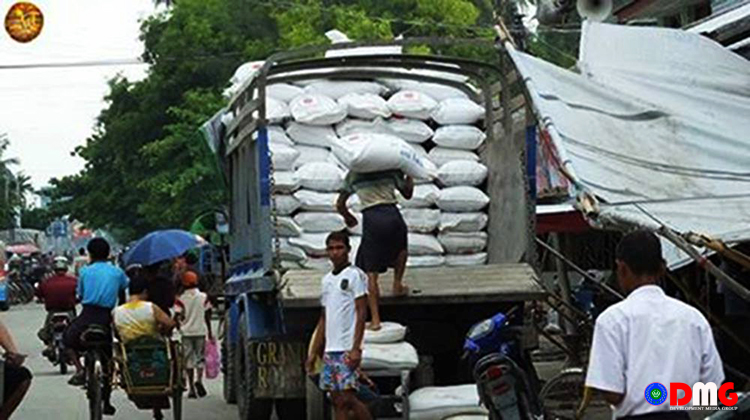
Khaing Roe La/ DMG
May 18, Sittwe
Rice from Arakan State has been shipped to Yangon and Magwe Regions and exported to Bangladesh and China previous years. But it was only shipped to Magwe Region this year, said U Shwe Tun Aung, chairperson of Rice and Paddy Traders’ Association in Arakan State.
Local residents are concerned that they would face a rice scarcity and rice prices would increase in the coming rainy season following the ongoing skirmishes in Arakan State, but U Shwe Tun Aung said that the price of rice was not likely to increase in the rainy season.
“We should not judge the situation in Arakan State exclusively. In central Myanmar, the price of rice might decrease. Meanwhile, rice exports with foreign countries is lower, so the price of rice is down from abroad. We ship our rice only to Magwe Region, so the amount of rice shipped is very little. So, the price of rice in the region during rainy season is not likely to increase,” he explained.
Rice is mainly grown in Ponnagyun, Kyauktaw, Mrauk-U, Minbya, Rathedaung and Buthidaung Townships, these places are now war conflict areas of Northern Arakan State.
Since farmers from these regions have been displaced from their homes because of ongoing clashes in the region, about 20 percent of farmers could not grow paddy in the coming rainy season, he predicted.
If paddy cannot be grown in these townships because of the armed conflicts, the situation concerning the price of rice and paddy in the following years would be serious, he warned.
“If farmers could not grow rice in this rainy season, the rice market in Arakan State and individual incomes would decrease. Although the rice price would not increase this year, Arakan State’s rice and paddy price for the following years would be in serious situation,” he said.
There are about 900,000 acres of farmland in Arakan State, but the number of farmers in Maungdaw, Rathedaung and Buthidaung Townships have decreased after the violence in 2017.




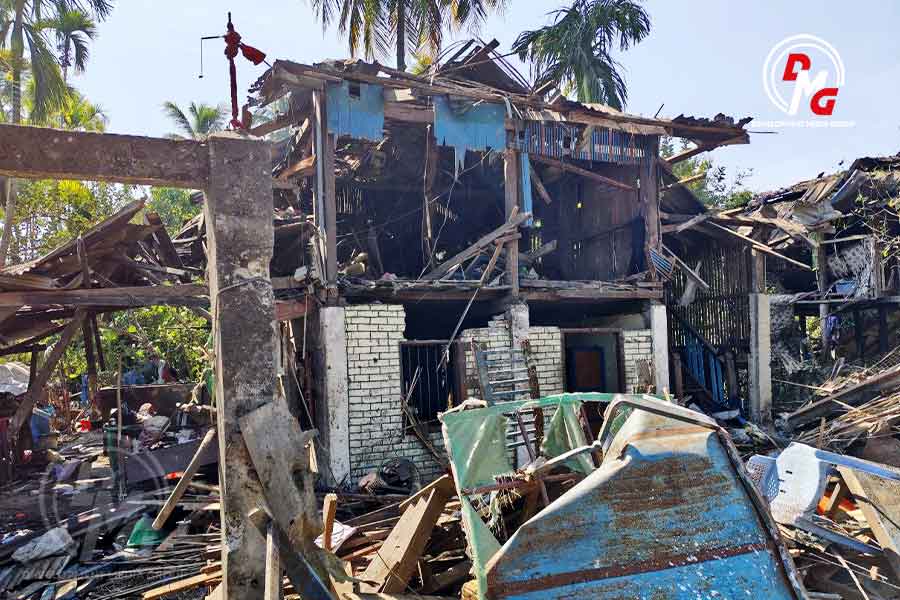
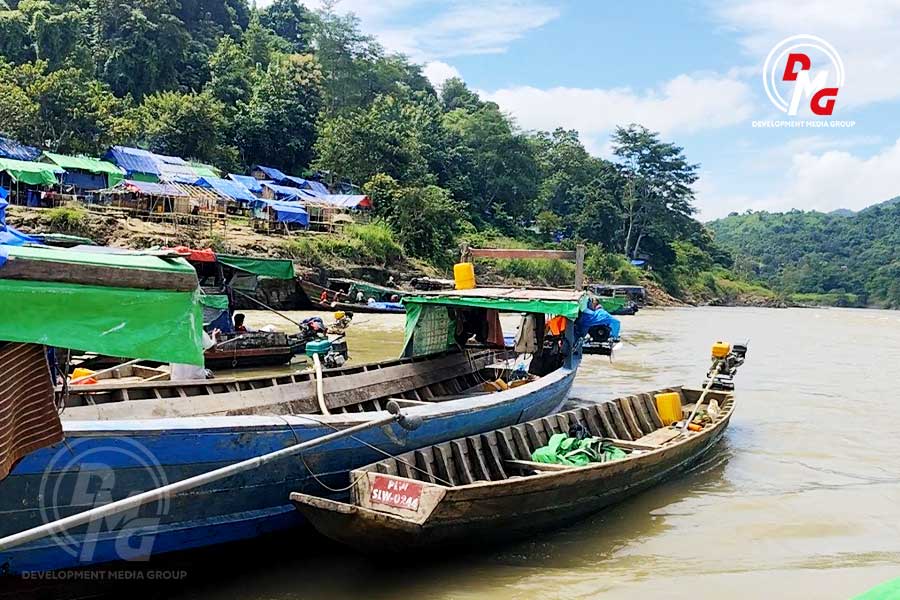
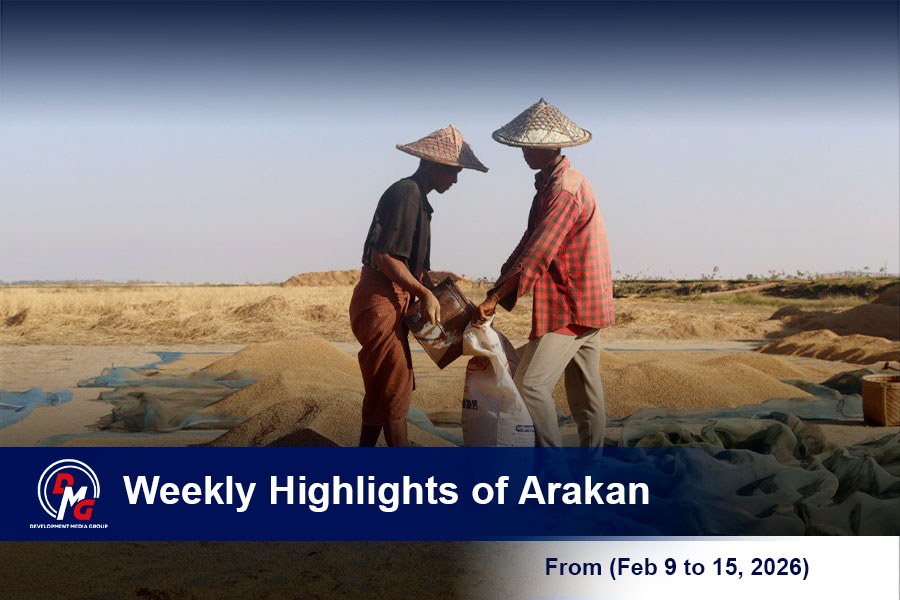
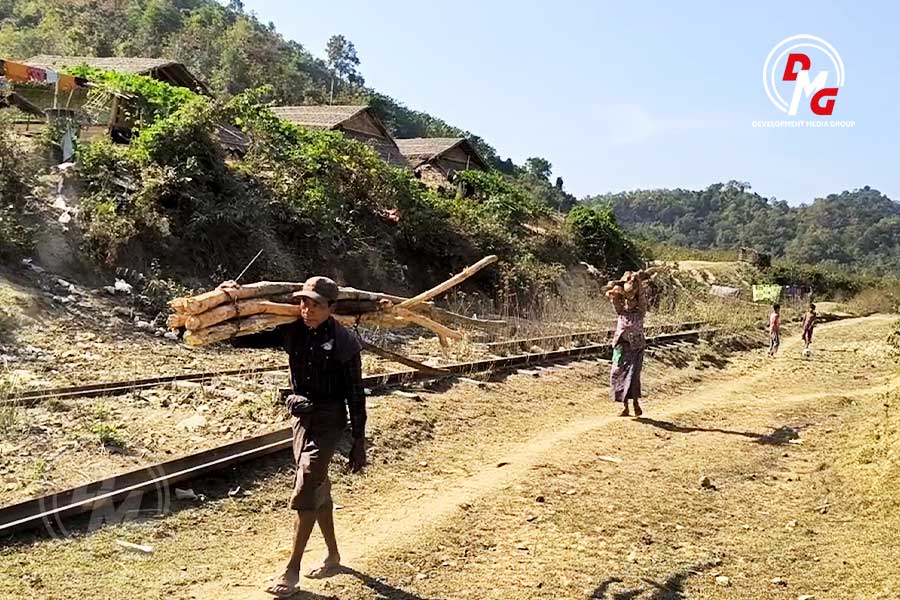
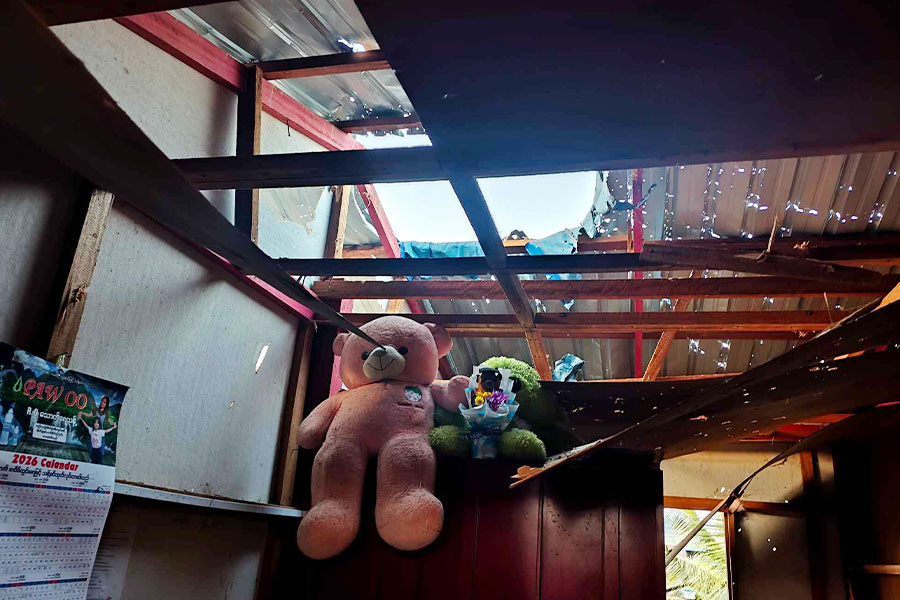







.jpg)
